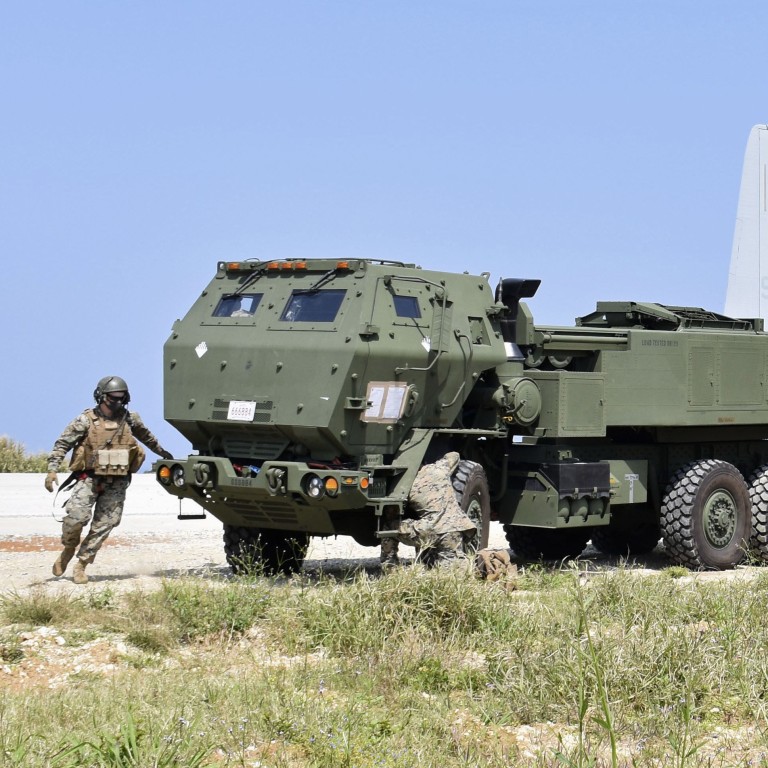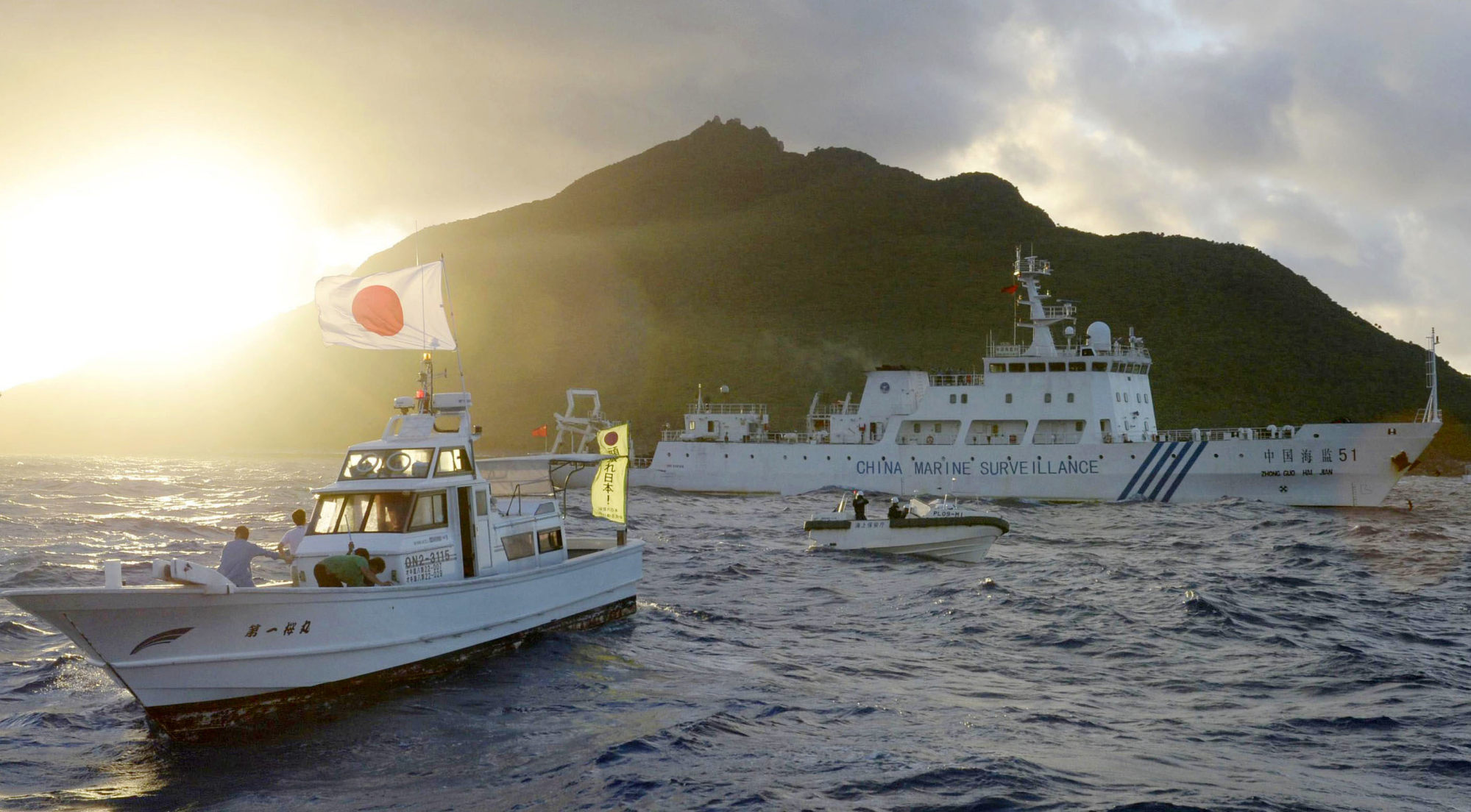
US analyst claims China is backing Okinawa independence movement in bid to drive wedge between Tokyo, Washington
- In an opinion piece, Robert D. Eldridge says Beijing has deployed thousands of ‘agents provocateurs’ to rise up and limit US and Japanese military responses
- While the former political adviser for the US Marine Corps in Japan warns that an eye should be kept on the disputed Diaoyu Islands, analysts are sceptical about his take
In an opinion article for the Sankei newspaper’s Japan Forward site, Robert D. Eldridge, founder and president of The Eldridge Thinktank and a director of the Hawaii-based Global Risk Mitigation Foundation, said local media was being used to promote the independence narrative and foment opposition to the US military presence in the prefecture.
He added that blocking airports and port facilities would be a relatively straightforward operation for Chinese fifth-columnists supported by local separatists in the event of a conflict breaking out, severely limiting the potential military responses of Tokyo and Washington.
Japan in ‘impossible situation’ over Diaoyu visit request, after Blinken blasts Chinese ‘aggression’
“You should expect just about everything will go wrong on your side, and everything will go right on the enemy’s side,” Eldridge wrote. “The reality will be somewhere in the middle, but you cannot go into the fight with rose-coloured glasses, which tends to be what Japan’s national leaders prefer to wear.”

When contacted by This Week in Asia, Eldridge declined to respond to specific questions – including evidence for his claims about the deployment of Chinese agents in Okinawa, the tactics Beijing might use to conquer the Diaoyus, or the military response from the US or Japan – on the grounds the answers would include classified information.
That opinion is shared by Satoru Nakamura, head of the Okinawa Policy Research forum, who has expressed concern in speeches and on the forum’s website that the local independence movement will use a contingency surrounding the Diaoyus to “break from Japan” or sow dissent between Tokyo and Washington.
However, Liu Qingbin, an associate professor at Yokohama National University, was far more dismissive of Eldridge’s claims.
“These ideas are ridiculous,” he said. “To say China is financing the Okinawan independence movement is like a bad joke.”
Japan could fire at foreign official vessels aiming to enter waters near Diaoyu Islands
Liu insists that Beijing has “no economic presence” in the prefecture, and points out that stories about infiltrators began spreading online a decade ago. And while China might indeed want US forces out of the prefecture, he added, Beijing was pragmatic enough to realise that too many local jobs were reliant on the American military presence for them to be asked to leave.
In his Japan Forward piece, Eldridge says the number of Chinese nationals living in Okinawa is likely to be up to twice the reported figure of 2,000, and does not include those who have taken Japanese citizenship, while he adds that lax security means Chinese tourists have brought in cash to support the independence movement along with “weapons or other contraband”.
“In a contingency, it is easy to imagine these weapons being used by the thousands of mainland Chinese who are pre-positioned on the islands as tourists,” he wrote, while Chinese “fishing boats” offshore would provide command-and-control functions and infiltrate paramilitary forces to attack targets such as communications facilities and airports.
Japan’s National Institute for Defence Studies this week released its annual East Asian Strategic Review, in which it warns that China may step up the deployment of military or coastguard units into waters around the Diaoyus and provoke Japanese units in the area.
One of the authors of the study told This Week in Asia that while he was “pessimistic” about the situation surrounding the islands and feared that an “unintended clash or incident” could quickly escalate, he was less concerned about Eldridge’s scenario coming to pass.
Chinese, Japanese chase each other near disputed Diaoyu Islands as tensions rise in East China Sea
“Yes, it is possible to find this kind of discussion in the Chinese media and certain academic circles, but it is not a mainstream position of Chinese strategists or the government,” said the official, who spoke on condition of anonymity.
“I believe the Chinese government is fundamentally realistic about what is happening in the Japan-US relationship over Okinawa,” he said.


